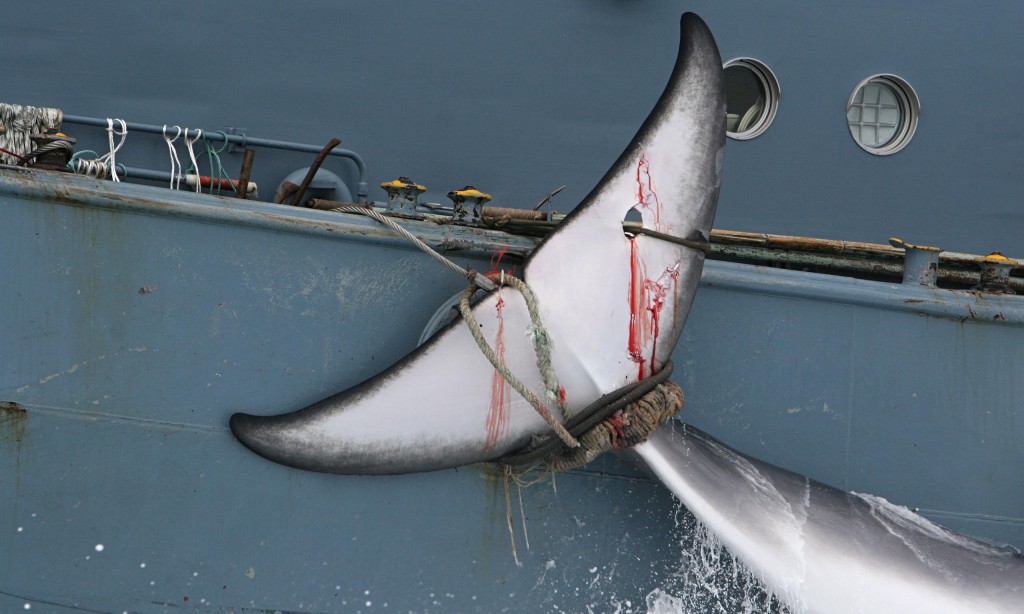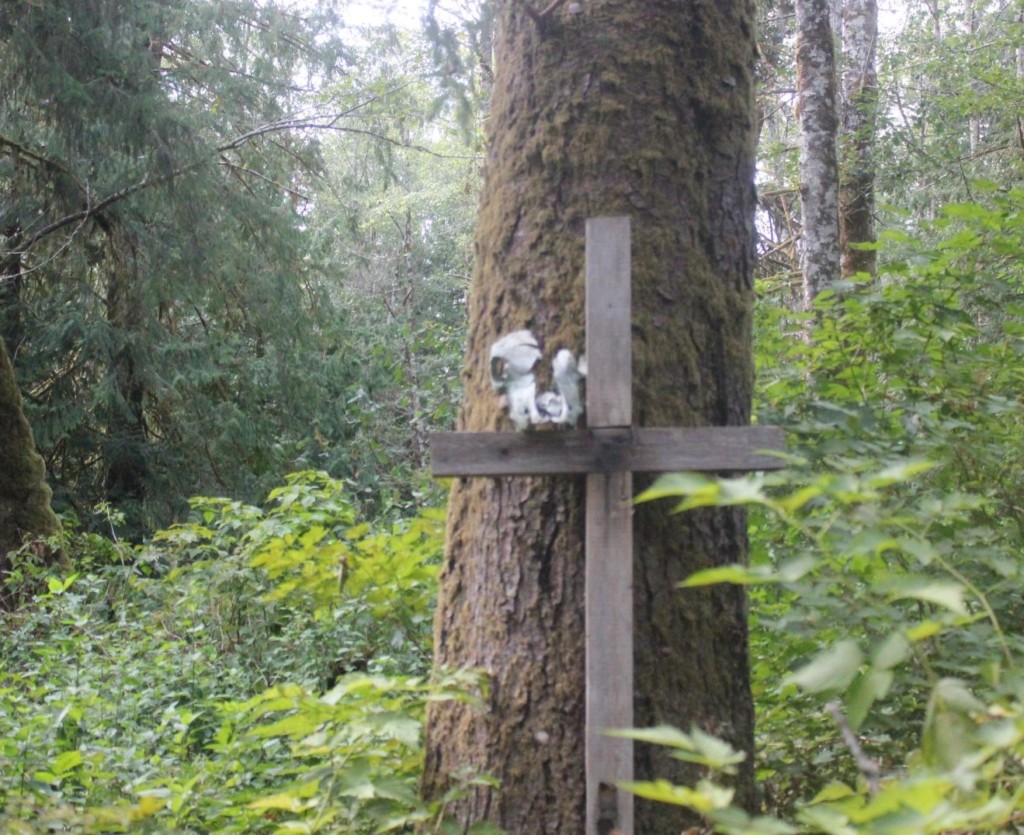Australia and New Zealand take Japan to court
By Julia Siedlanowska, Staff Writer
Japan has long had a tradition of hunting whales for food, but as evidenced by the recent ruling from the United Nations International Court of Justice (ICJ), the practice is no longer in favour. In 2010 Australia brought the case of Japan’s whaling practices to court, and a verdict was finally reached on March 31. The ICJ ruled that Japan must stop its whaling program in the Antarctic, which was being conducted under the pretext of scientific research.
Although Japan claimed that its whaling program was scientific, the ICJ found that their research program, JARPA II, did not hold up against scrutiny. During the hearings, only two peer-evaluated research papers had been referenced.
“In light of the fact the JARPA II [research program] has been going on since 2005, and has involved the killing of about 3,600 minke whales, the scientific output to date appears limited,” presiding Judge Peter Tomka of Slovakia was reported to have said during the hearing.
In 1982, the International Whaling Commission (IWC) proposed a moratorium on commercial whaling. The moratorium makes exemptions for aboriginal subsistence, and also allows permits for scientific research. While Japan signed the 1986 moratorium, they continued to hunt under the guise of research; both Norway and Iceland oppose the IWC moratorium and continue to whale commercially.
In an online article for CNN, scientist and author Carl Safina expressed his opinion on Japan’s whaling practices. Safina describes how in 1904, Norwegian whaler C.F. Larsen wrote that “I see them [whales] in hundreds and thousands.” In the 60 years following the writing of those words, Safina says that “whalers killed about two million whales in the Southern Hemisphere, including about 360,000 blue whales, 200,000 humpbacks, almost 400,000 sperm whales, and a staggering 750,000 fin whales.”
“Many of those whales should still be alive,” Safina states.
Although the ICJ’s ruling is seen as a success by many activists, New Zealand Foreign Affairs Minister Murray McCully was cautious of thanking the activist group Sea Shepherd that was involved in whaling protests in Japan. “What I’ve said before is a program that is carried out today, largely for reasons of pride on Japan’s part, rather than because there’s any use for the whale meat or any useful scientific outcomes,” he said. “One of the problems has been that the protest activity down there has rather made Japan dig its heels in. So while I’m sure that some of the Sea Shepherd people will claim credit for it, in fact my own perspective is Japan needs a bit of space here to work its way out of what is a practice that’s got no future.”
While Japan argued the suit was an attempt by Australia to impose their cultural norms, demands for whale-meat are decreasing in Japan. In an article for Greenpeace, John Frizell wrote that, “The meat from the hunts is largely going into storage because demand for whale meat has plunged to record lows; the industry has two years’ worth of frozen whale meat in storage that it is struggling to sell.”
For Australia and for New Zealand, the ICJ’s ruling was a success. New Zealand’s Prime Minister John Key called the ruling, “a great decision.”
Activist Pete Bethune, arrested in 2010 on charges of illegally boarding a Japanese whaler, was reported to have slept outside the Hague where the ICJ met in order to make sure the court handed down the restriction on Japan’s whaling practices.
“I believe justice has been served and I feel in some way vindicated with my activities in 2010. It’s been amazing, a very emotional day,” Bethune said.
Prime Minister Key has said that Japan might apply for legitimate scientific whaling programs, reducing the number of whales they caught. He said it was unlikely that they would withdraw from the IWC.
For now, Japan has cancelled its next Antarctic-based whale hunt.



